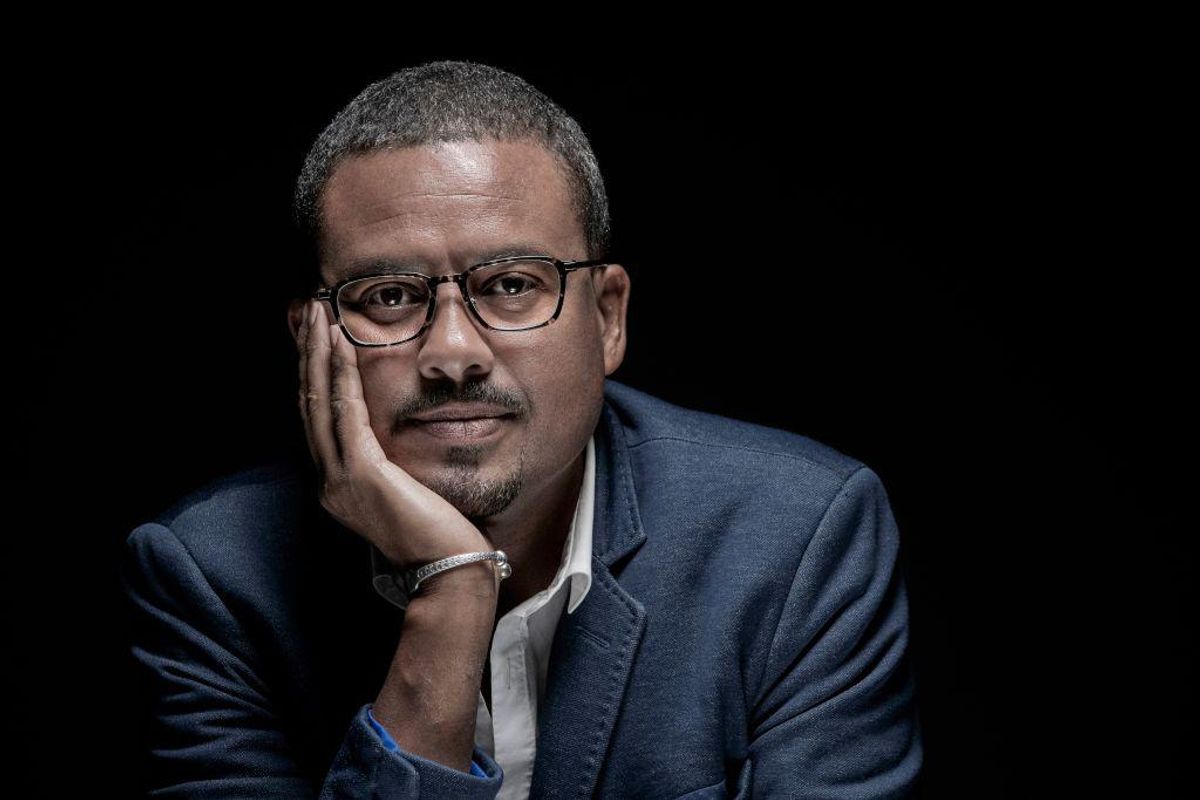
French writer David Diop poses during a photo session in Paris on September 20, 2018.
Photo by JOEL SAGET/AFP via Getty Images.
SEARCH

French writer David Diop poses during a photo session in Paris on September 20, 2018.
French-Senegalese writer David Diop is the recipient of this year's International Booker Prize for his debut novel 'At Night All Blood Is Black'.